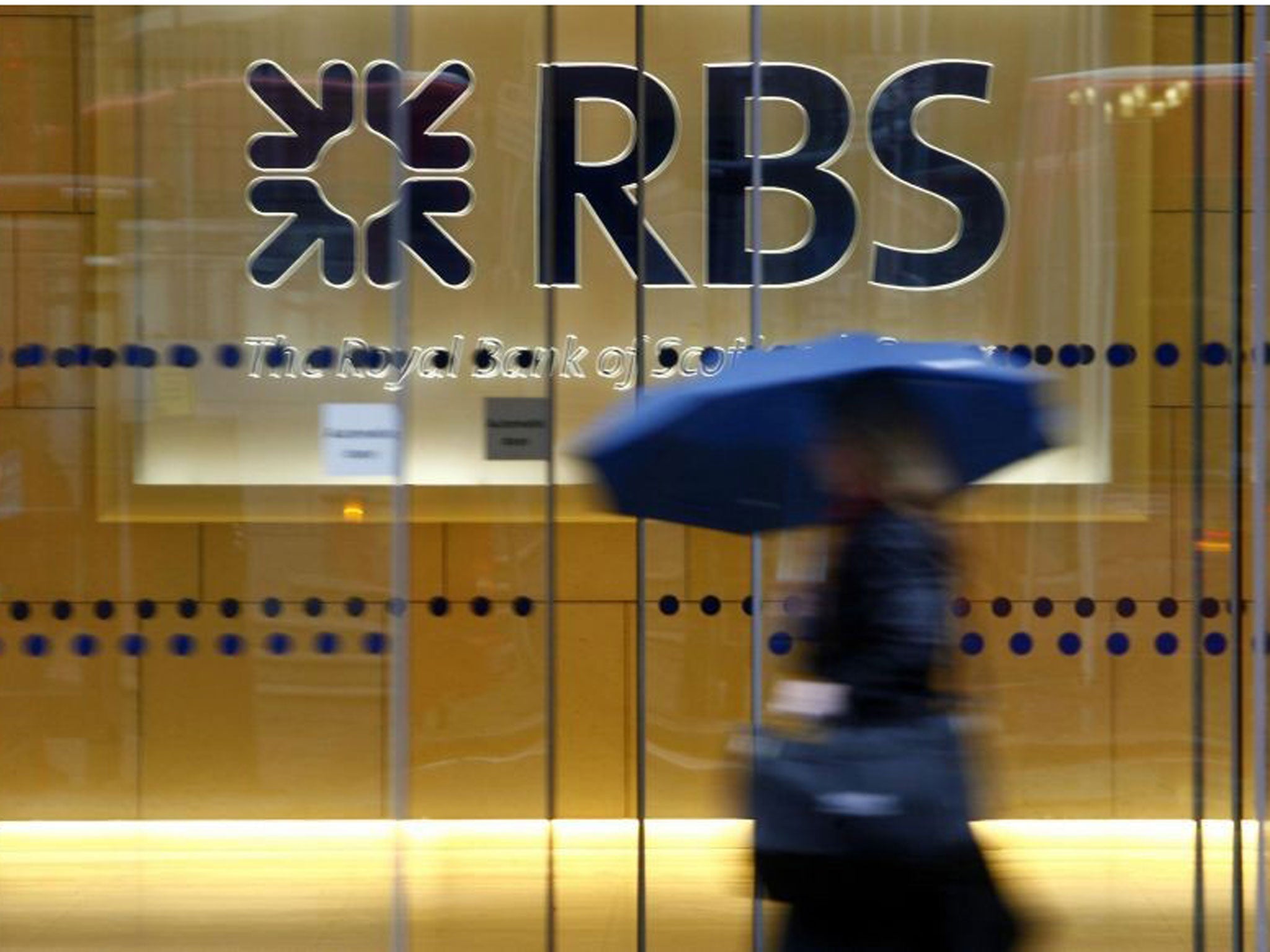Your support helps us to tell the story
From reproductive rights to climate change to Big Tech, The Independent is on the ground when the story is developing. Whether it's investigating the financials of Elon Musk's pro-Trump PAC or producing our latest documentary, 'The A Word', which shines a light on the American women fighting for reproductive rights, we know how important it is to parse out the facts from the messaging.
At such a critical moment in US history, we need reporters on the ground. Your donation allows us to keep sending journalists to speak to both sides of the story.
The Independent is trusted by Americans across the entire political spectrum. And unlike many other quality news outlets, we choose not to lock Americans out of our reporting and analysis with paywalls. We believe quality journalism should be available to everyone, paid for by those who can afford it.
Your support makes all the difference.George Osborne is set to sell bailed-out bank RBS back into private hands for a £13bn loss to the UK taxpayer, economists have said.
In his speech at Mansion House next week the Chancellor is expected to announce what he will do with the publicly-owned bank, which was taken into majority public ownership in 2008.
The UK taxpayer holds an 81 per cent stake in RBS after a series of capital injections amounting to £45bn.
“Just a few months ago, Osborne was insisting we’d get our money – the £45bn spent to save RBS from collapse – back from any sale of the bank. Now, after the election, he is attempting to rush through a sale at a big loss,” said Tony Greenham, head of economy and finance at the New Economics Foundation.
“The assumption that the bank should be returned to the private sector deserves greater scrutiny and debate. We can’t make back our money by flogging off RBS – so let’s use our investment to fix the UK’s broken banking system, creating new players that genuinely work for us.”
He compared the one-off £13bn loss on the sale of the asset to the £12bn annual welfare cuts pledged by the Government’s spending plan.
The Foundation has set up a petition calling on the Chancellor not to sell the bank at a loss and to review all option.
The suggestion of using the bank to as a public investment platform comes as the OECD warns that business investment in the UK has been dangerously sluggish.
In its bi-annual report on the world economy the Paris-based organisation said stronger investment was needed to ensure UK growth did not slow.
Among suggestions made by the organisation were great access to finance to business as well as improved infrastructure, both of which could potentially be supported by an active state investment bank.
The OECD called on the government to look at “leveraging limited public resources with private investment” and also stressed contributions from private investors and regulatory reform.
Today Mr Osborne also announced that the Government would sell off its final 30 per cent stake in Royal Mail, fully privatising the company.
A Treasury spokesperson declined to comment on this story when contacted by The Independent.

Join our commenting forum
Join thought-provoking conversations, follow other Independent readers and see their replies
Comments